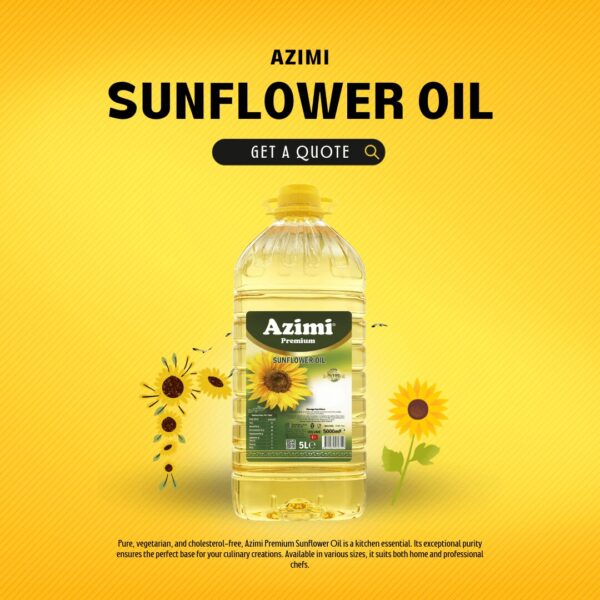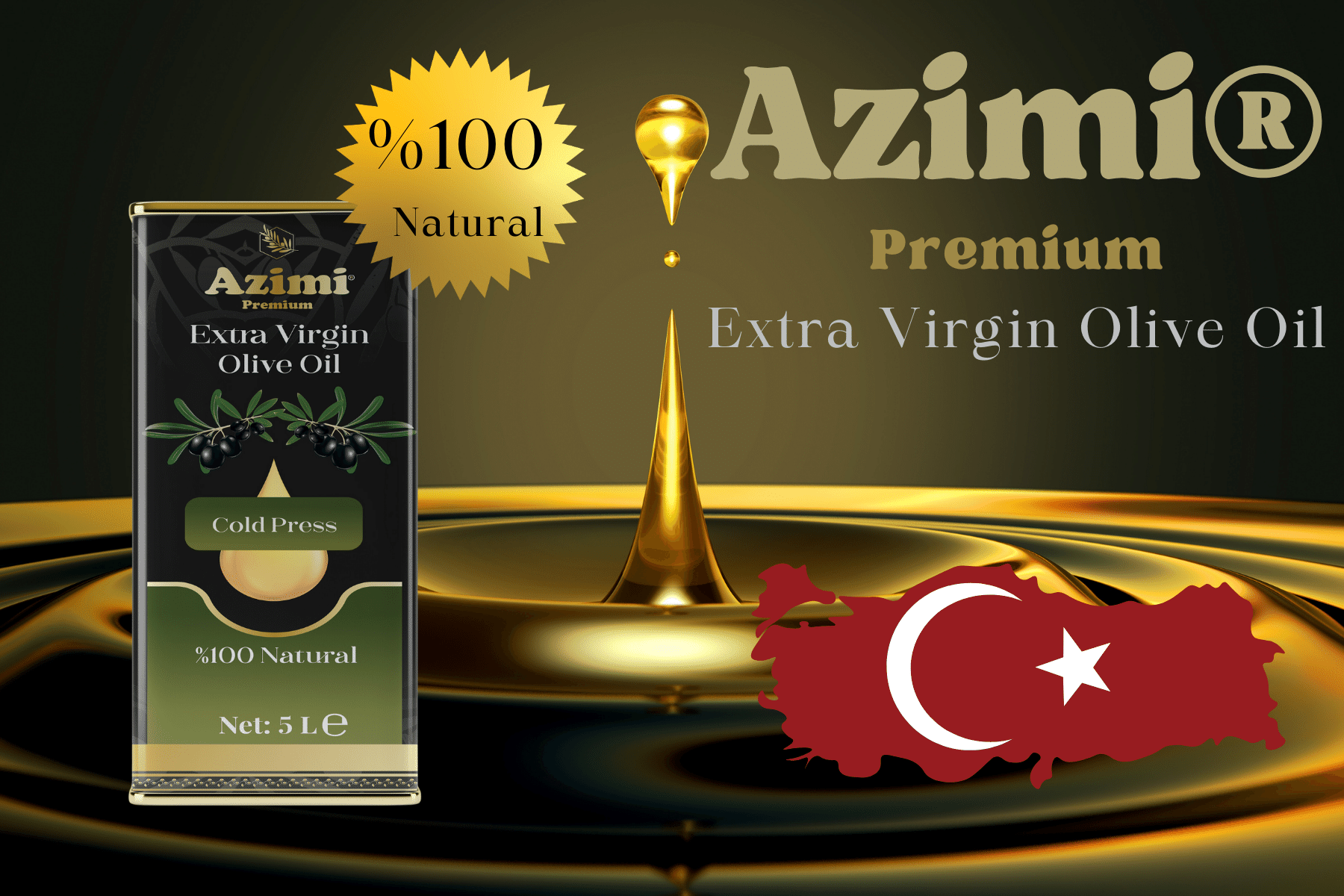The year 2023 has been a rollercoaster for the global olive oil market, and Turkey, a rising star in the industry, has felt the ups and downs with both resilience and ambition. Let’s take a closer look at the current state of Turkish olive oil exports, examining the triumphs, the challenges, and the exciting future ahead.
The Turkish Olive Oil Renaissance
Turkey’s olive oil industry has experienced a renaissance, with meticulous attention to cultivation, harvesting, and extraction techniques. The rich soils of the Aegean and Mediterranean regions provide the perfect terroir for a variety of olives, contributing distinct flavors to the country’s olive oil offerings. From the bold and robust profiles of Edremit olives to the fruity and mild notes of Memecik olives, Turkish olive oil appeals to a broad spectrum of palates.
Sustainability and Quality Assurance
In 2023, Turkey remains at the forefront of sustainable agriculture. Olive groves are cultivated using eco-friendly practices, emphasizing organic methods and minimal environmental impact. The Turkish Ministry of Agriculture and Forestry, in collaboration with international certification bodies, ensures that Turkish olive oil maintains its high standards. These certifications not only vouch for authenticity but also underline Turkey’s dedication to ethical and sustainable farming practices.
Global Demand and Market Trends
The global demand for Turkish olive oil continues to surge as consumers worldwide seek healthier and more flavorful options. With the Mediterranean diet gaining popularity, characterized by the consumption of olive oil, Turkish producers find themselves in the spotlight. The distinct taste profiles and health benefits associated with Turkish olive oil make it a preferred choice in kitchens globally.
Culinary Tourism and Beyond
In 2023, culinary tourism plays a pivotal role in driving the export of Turkish olive oil. Visitors to Turkey are enchanted by the immersive experience of olive oil production, from grove tours to tastings. This firsthand exposure fosters a deeper connection to the product, creating ambassadors for Turkish olive oil who carry their appreciation back to their home countries.
Challenges and Innovations
While the Turkish olive oil export industry flourishes, challenges persist, including global economic fluctuations and competition from other major producers. However, innovation remains a constant companion on this journey. Ongoing research and development focus on optimizing production processes, exploring sustainable packaging solutions, and addressing the evolving preferences of the global consumer.
The Golden Boom Continues
Despite global economic and political uncertainties, Turkish olive oil exports continue to soar. As of November 2023, Turkey has already surpassed 125 million USD in olive oil exports, putting it on track to break its 2021 record of 138 million USD. This impressive growth can be attributed to several factors:
- Increased production: 2023 saw a bountiful olive harvest in Turkey, with favorable weather conditions contributing to a 15% increase in olive oil output compared to 2022.
- Shifting global demand: Growing health awareness and the Mediterranean diet’s rising popularity have fueled consumer demand for high-quality olive oil, opening doors for Turkish producers.
- Strategic market diversification: Turkish exporters are no longer solely reliant on traditional markets like Europe but are actively tapping into emerging markets in Asia and North America, offering new avenues for growth.
Challenges in the Olive Grove
However, the path to success hasn’t been entirely smooth. Turkish olive oil exporters face several challenges:
- Rising production costs: Inflationary pressures have significantly increased the cost of fertilizers, labor, and packaging, squeezing profit margins for producers.
- Competition from established players: Spain and Italy remain dominant players in the global olive oil market, and competing on price and brand recognition can be tough for Turkish exporters.
- Supply chain disruptions: The ongoing war in Ukraine and global logistical bottlenecks have impacted shipping costs and delivery times, adding uncertainty to the export process.
Innovation and Adaptation: The Keys to Success
Despite these challenges, Turkish olive oil producers are not resting on their laurels. They are actively embracing innovation and adaptation to ensure continued growth:
- Investing in quality: Turkish producers are prioritizing sustainable farming practices, organic certification, and advanced extraction techniques to produce high-quality, extra virgin olive oil that commands premium prices.
- Building strong brands: Many Turkish olive oil companies are developing unique brand identities, highlighting their heritage, terroir, and production methods to differentiate themselves in the market.
- Embracing technology: From e-commerce platforms to blockchain-based traceability systems, Turkish exporters are leveraging technology to reach new customers and ensure transparency throughout the supply chain.
Conclusion
As we navigate 2023, Turkey’s olive oil export industry stands as a beacon of excellence, representing the culmination of tradition, quality, and sustainability. The global demand for Turkish olive oil shows no signs of waning, and as the industry pioneers new frontiers, it continues to be an essential player in the global culinary landscape. The liquid gold from Turkish olive groves is not merely a commodity; it is a testament to the country’s commitment to quality, health, and the timeless art of olive oil production.



